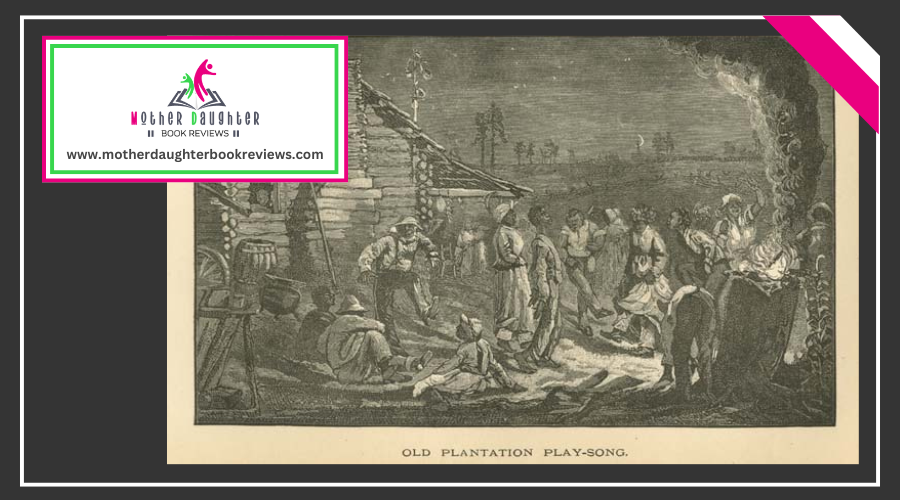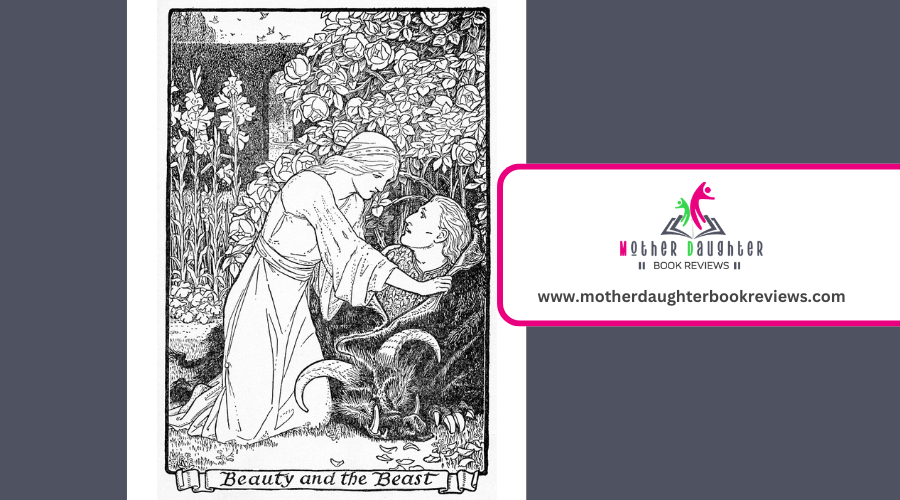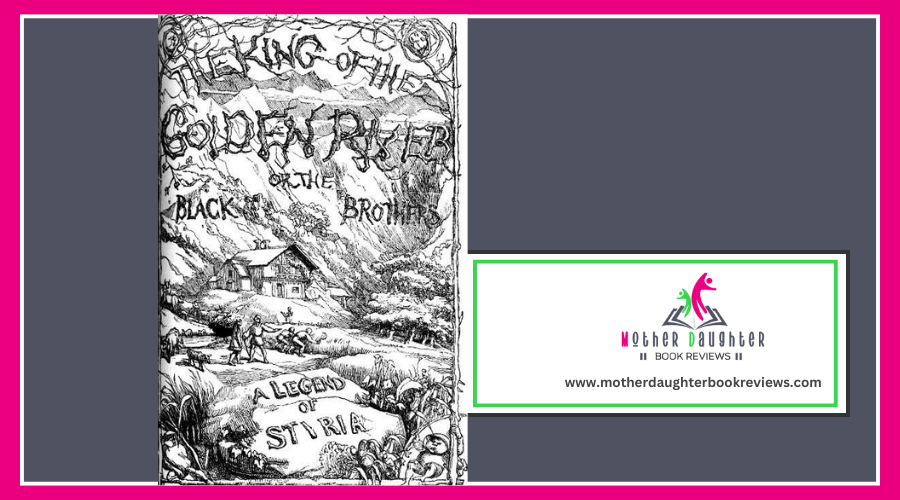Courage, Injustice, and Redemption in Uncle Tom's Cabin
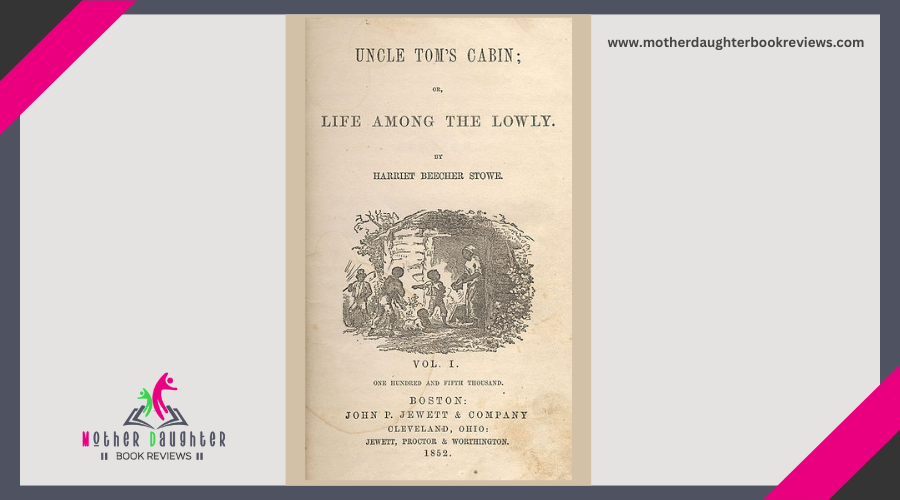
You'll find rich lessons in compassion and justice in the children's version of Uncle Tom's Cabin. Through empathy, you'll see how understanding others' feelings strengthens bonds. The story highlights how injustice often lurks in subtle actions and societal norms, showing you the power of recognizing and challenging unfair practices. Acts of moral courage inspire you to stand up against mistreatment despite personal risks. Simple gestures of kindness remind you how small actions uplift others and foster a culture of empathy.
The Power of Empathy
In "Uncle Tom's Cabin," the children's version simplifies complex emotions, making it easier for you to grasp the impact of empathy. As you read, you see characters who show genuine concern for others, even when faced with their own struggles. This encourages you to reflect on your own interactions and the importance of compassion in everyday life.
Empathy isn't just about feeling sorry for someone; it's about actively engaging with their experiences. When you listen, truly listen, to someone's story, you validate their feelings and offer comfort. This can strengthen relationships and create a supportive community around you.
Understanding Injustice
Understanding injustice requires recognizing the myriad ways it manifests in society. In the children's version of "Uncle Tom's Cabin," you'll see how systemic inequalities and personal biases affect individuals and communities. Injustice isn't just about overt acts of cruelty; it's also about subtle, everyday actions that perpetuate inequality. When you read about characters who suffer due to their race or status, you begin to grasp how deeply ingrained these issues are.
You'll notice how some characters exploit others, not just through physical dominance but through economic and social power. For example, the inequities faced by Uncle Tom and other enslaved people highlight how laws and societal norms can be manipulated to maintain unjust systems. You'll also see how individuals who seem kind can still contribute to a system of oppression through their inaction or ignorance.
Recognizing these patterns in the story helps you understand that injustice isn't always obvious. It's in the laws that protect some while harming others, in the opportunities denied to certain groups, and in the silent acceptance of unfair practices. By identifying these injustices, you're better equipped to challenge them in your own life.
Moral Courage
Recognizing injustice is only the initial step; acting against it requires moral courage. You might see something wrong and feel a pang of indignation, but what you do next defines your character. In the children's version of "Uncle Tom's Cabin," you'll uncover characters who face moral dilemmas and choose to stand up for what's right, even when it's hard. Their actions serve as a powerful lesson in bravery and integrity.
Moral courage means you don't just acknowledge unfairness; you challenge it, sometimes at great personal risk. When you encounter situations where others are mistreated or oppressed, your decision to intervene or speak out can make a significant difference. Think about how young readers might draw inspiration from characters who, despite their fears, take bold steps to help others.
It's not always easy to confront wrongdoing. There's often a real cost, regardless of social disapproval or personal loss. Yet, the essence of moral courage lies in prioritizing justice over comfort. By demonstrating moral courage, you contribute to a more compassionate and just society. Remember, it's your actions, not just your beliefs, that shape the world around you.
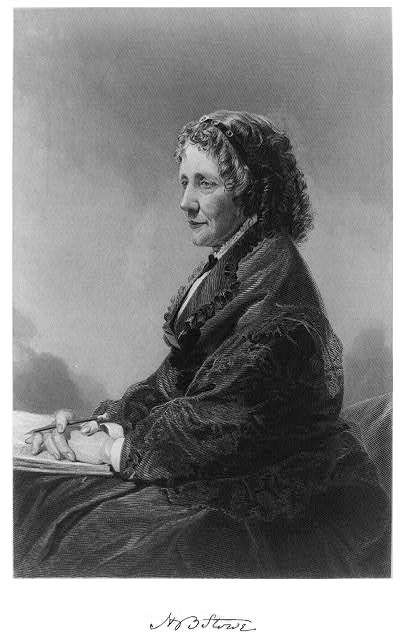
Acts of Kindness
In the children's version of "Uncle Tom's Cabin," you'll notice how even the smallest gestures create ripples of goodwill. When you offer a simple smile or a kind word, you might not realize the profound effect it can have on someone's day. Uncle Tom's gentle demeanor and willingness to help others, even when facing adversity, teach you that kindness doesn't require grand gestures.
Think about moments in the story where characters show compassion. Eva's tender interactions with the slaves teach you that empathy transcends social boundaries. She shares her possessions and offers words of comfort, demonstrating that kindness can bridge gaps between people. Your own actions can build similar bridges in your community.
Consider the times when you've been on the receiving end of kindness. Reflect on how it made you feel valued and seen. By extending even the smallest kindness to others, like Uncle Tom and Eva, you're not just helping someone else, you're fostering a culture of empathy and justice. Remember, your kindness can inspire others to act compassionately, creating a ripple effect that extends far beyond your immediate circle.
The Role of Community
Just as small acts of kindness can greatly impact individual lives, the role of community amplifies these effects manifold. In "Uncle Tom's Cabin," you'll see how the collective support of a compassionate community can uplift and protect its members. When individuals come together, their combined efforts create a safety net that helps everyone, especially the most vulnerable.
Imagine a community where everyone looks out for each other, just like in the children's version of the story. Each person's actions, no matter how small, contribute to a larger sense of security and well-being. You'd notice how characters rely on one another for emotional and physical support, creating an environment where justice and compassion thrive.
Overcoming Adversity
Adversity tests the strength and resilience of individuals and communities alike. When you face challenges, it's not just about enduring hardships but also about how you respond to them. In the children's version of "Uncle Tom's Cabin," characters confront severe trials, teaching you the importance of courage and faith. Uncle Tom, despite his suffering, remains steadfast in his principles, showing that resilience isn't just physical endurance but moral strength.
You learn that overcoming adversity often requires the support of others. Eliza's daring escape across the icy river illustrates how determination, combined with timely help, can turn the tide. Your community's solidarity can be a powerful force against overwhelming odds, echoing the importance of unity.
Characters like George and Eliza evolve, becoming more resourceful and resilient through their struggles. Their experiences teach you that challenges can refine character and deepen empathy. When you face your own adversities, remember these lessons: stay true to your values, seek support, and view hardships as opportunities for growth. By doing so, you're not just surviving but thriving, turning your trials into triumphs.
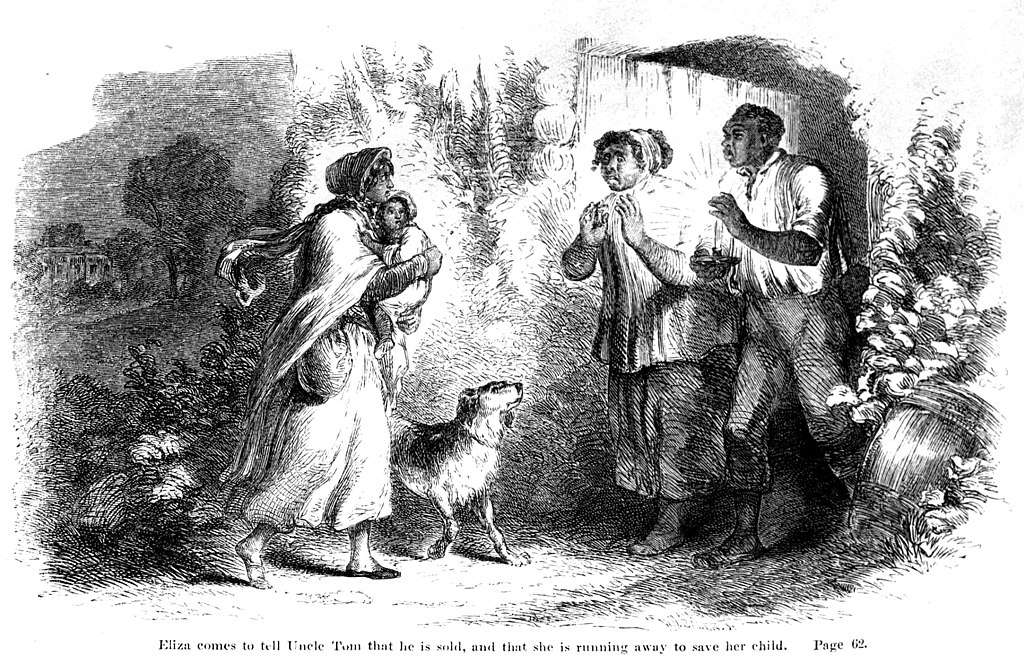
Final Thoughts
Uncle Tom's Cabin in its children's version offers valuable lessons about courage, injustice, and redemption. The power of empathy, the recognition of injustice, and the importance of moral courage are woven throughout the narrative, encouraging you to act with kindness and compassion in your own life. By standing up against wrongdoing and fostering a supportive community, even the smallest gestures can create lasting change.

